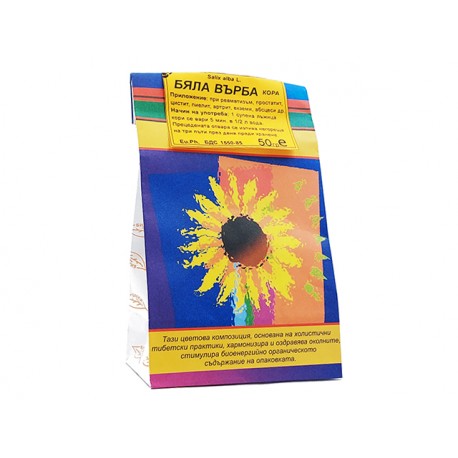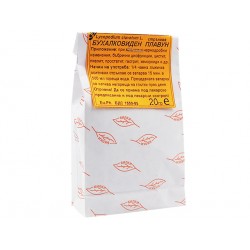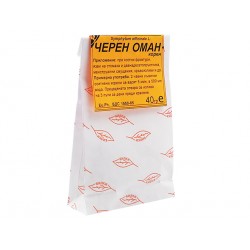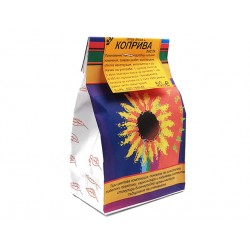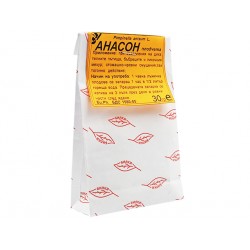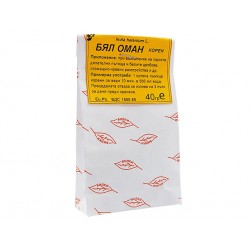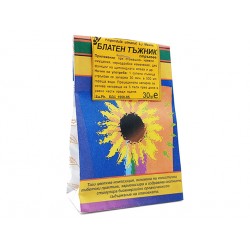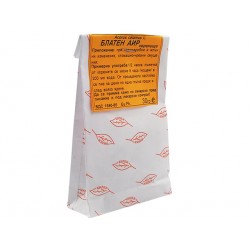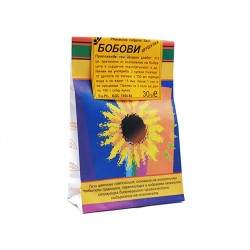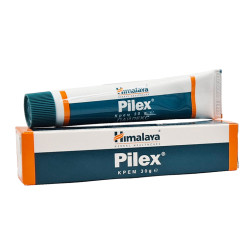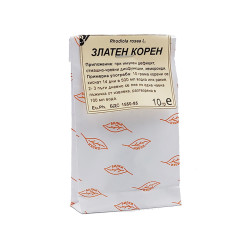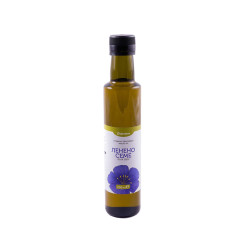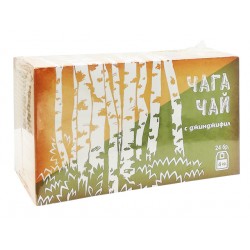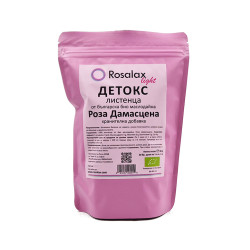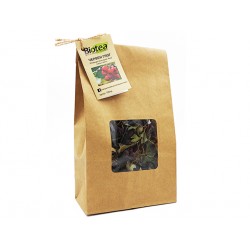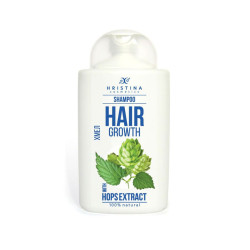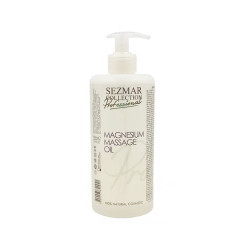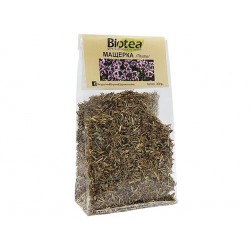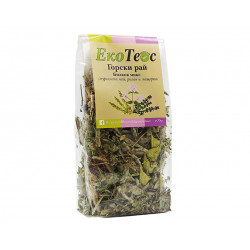Inflamed gums and oral cavity, toothache - folk medicine has collected a whole arsenal of tested recipes for these ailments. "Zdravnitza" selected some of them.
* Find a product for a specific disease such as write his name (eg .: Diabetes)
No products
White Willow (Salix Аlba), dried bark, Bilkaria, 50 g
1,33 € / 2,60 лв
Dried bark of White Willow can be used as an aid in rheumatism, prostatitis, cystitis, pyelitis, arthritis, eczema, abscesses, etc.
Package Quantity: 50 g
Origin: Bulgaria
Ingredients: White Willow - bark
Shipping Weight: 0.060 kg


Product information
White Willow
Salix Alba L.
White willow is characterized by its delicate branches with fine lanceolate leaves. It reaches a height of 10-15 m and is found in humid areas, especially on river banks. Its flowers are gathered in tassels and appear in spring. Flexible young twigs are often also a material for wicker fences, furniture and baskets.
Used parts: Bark
- The bark is separated from young twigs collected in late winter and early spring from trees aged 2 to 5 years.
- The bark is cut into pieces or crushed to be used in decoctions.
Attention!
Sometimes the willow in large quantities can cause side effects such as nausea, gastrointestinal discomfort, vertigo and rash.
Bark is not recommended for pregnant women or nursing mothers as well as for people suffering from asthma, gastric ulcer, diabetes or kidney and liver disease. Do not take the plant with an allergy to aspirin or salicylic.
Do not combine the herb with diuretics, blood pressure lowering drugs, anti-caking agents, and non-steroidal anti-inflammatory drugs.
Excessive use of the potion may result in the appearance of aphtha in the mouth.
White willow - died bark
Application: as an aid in rheumatism, prostatitis, cystitis, pyelitis, arthritis, eczema, abscesses, etc.
Method of preparation: 1 tablespoon of the herb is boiled for 5 minutes in 500 ml of water. Strain and drink in 3 equal portions the day before meals.
Externally: applied externally as a compress, the herb has a beneficial effect on rheumatism, rheumatoid arthritis, acne and urticaria.
Packing: 50 g
Reviews
Related posts
Products in the same category
Customers who bought this product also bought:
-
 Pilex cream, hemorrhoids and veins problems, Himalaya, 30 g
Pilex cream, hemorrhoids and veins problems, Himalaya, 30 g 2,45 €
-
 Golden root, dried herb, Bilkaria, 10 g
Golden root, dried herb, Bilkaria, 10 g 3,58 €
-
 Cold pressed flaxseed oil, EoFloria, 250 ml
Cold pressed flaxseed oil, EoFloria, 250 ml -
 Chaga Tea with ginger, 24 filter bags
Chaga Tea with ginger, 24 filter bags 4,70 €
-
 Rosalax Light - detox petals from Rosa Damascena, 30 g
Rosalax Light - detox petals from Rosa Damascena, 30 g 6,14 €
-
 Red hawthorn - fruit with leaves, Biotea, 100 g
Red hawthorn - fruit with leaves, Biotea, 100 g -
 Hair growth shampoo with Hops extract, Hristina, 200 ml
Hair growth shampoo with Hops extract, Hristina, 200 ml 4,09 €
-
 Magnesium Massage Oil, professional, Sezmar, 500 ml
Magnesium Massage Oil, professional, Sezmar, 500 ml 11,30 €
-
 Thyme, dried cut stalk, Biotea, 30 g
Thyme, dried cut stalk, Biotea, 30 g 1,38 €
-
 Forest Paradise - herbal mix, EcoTeas, 20 g
Forest Paradise - herbal mix, EcoTeas, 20 g 1,69 €


